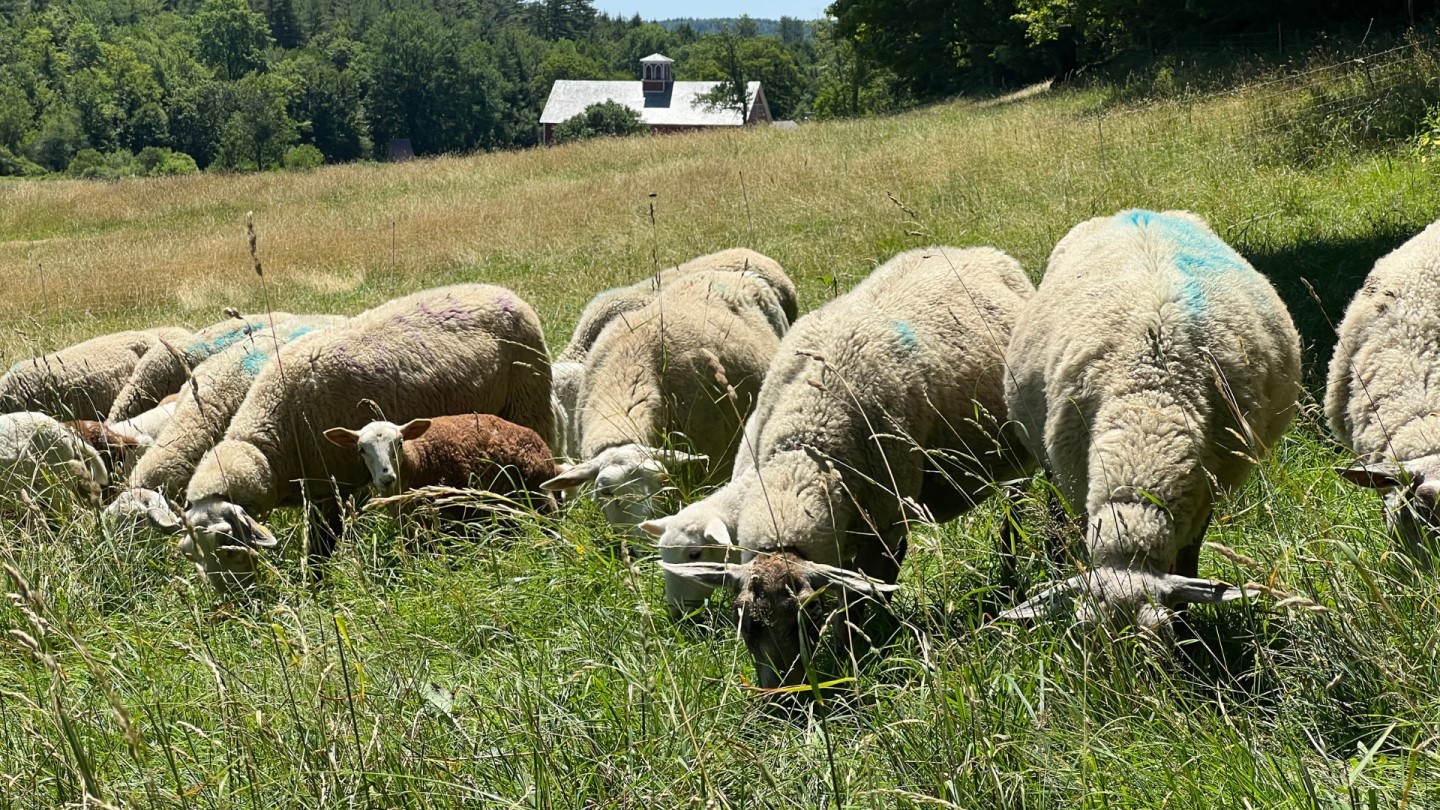
The Goat and Sheep Dairy Supply Chain Grant program provides grants for Northeast region dairy farmers, processors, and/or producer associations to improve the goat and/or sheep dairy supply chain. Projects funded by this grant develop or expand goat /sheep dairy products or markets that positively impact multiple businesses within the goat/sheep dairy supply chain. Projects increase the exposure and promotion of regionally produced goat/sheep dairy products through supply chain impacts. Businesses also aim to increase consumer awareness of goat/sheep dairy products, develop market channels and distribution opportunities to increase goat/sheep dairy product placement, support innovative strategies to increase consumption of goat/sheep dairy products, and/or increase business revenues related to goat/sheep dairy products.
In any industry, creating support for new and existing professionals is vital to its success. This is just as true in the northeast dairy industry as any other. It’s important that this support comes from experienced professionals who have been in the field, sometimes literally, for some time.
Vermont Shepherd is a family-owned and operated sheep and dairy farm located in Putney, Vermont. With over 30 years of experience, the owners of the farm have a strong understanding of the landscapes their business exists in. They understand the opportunity that the goat and sheep dairy supply chains represent in Vermont, and they are excited to share their expertise with other folks interested in cultivating and/or maintaining a flock of their own.
In 2021, Vermont Shepherd was awarded a Goat and Sheep Dairy Supply Chain grant for $42,062.00 from the Northeast Dairy Business Innovation Center. This grant is contributing to the supply chain in a few ways. Firstly, it is enhancing the genetic pool available to Vermont farmers. Secondly, it is enabling them to work with new and existing farmers and teach them how to manage a flock and produce high quality products. Vermont Shepherd is also working with the public to increase understanding of sheep and sheep dairy products.
To achieve their goal of improving the genetic pool of dairy sheep in the area, Vermont Shepherd is employing two techniques: milk metering and regular infectious disease testing. Milk metering collects milk from each of the ewes allowing Vermont Shepherd to analyze the milk’s quality and quantity. Using this information, they can selectively breed ewes with the best milk production. In addition, regularly testing their lambs for infectious disease will ensure the sheep stock is healthy. Using these two methods guarantees that the sheep stock Vermont Shepherd sells to other farmers in the region will be healthy and produce increased volumes of high-quality milk.
In addition to improving the sheep stock in the area, Vermont Shepherd is also delivering an educational workshop series to a cohort of new and existing sheep dairy farmers, recruiting participants from surrounding states. The workshops educate participants on how to run and operate a sheep farm and dairy with topics including lambing, milking, pasture management, dairy sheep health, and processing and marketing sheep milk products. Drawing on their decades of experience and pulling in experts to teach, workshops like these are invaluable to new and existing farmers, especially for an industry that has largely been out of the spotlight. As consumers interest only grows in sheep and goat products, as highlighted in research funded by NE-DBIC, opportunities to educate new farmers is key to the success of dairy farmers in the Northeast.
If you get a chance, go visit the folks and flock at Vermont Shepherd!

